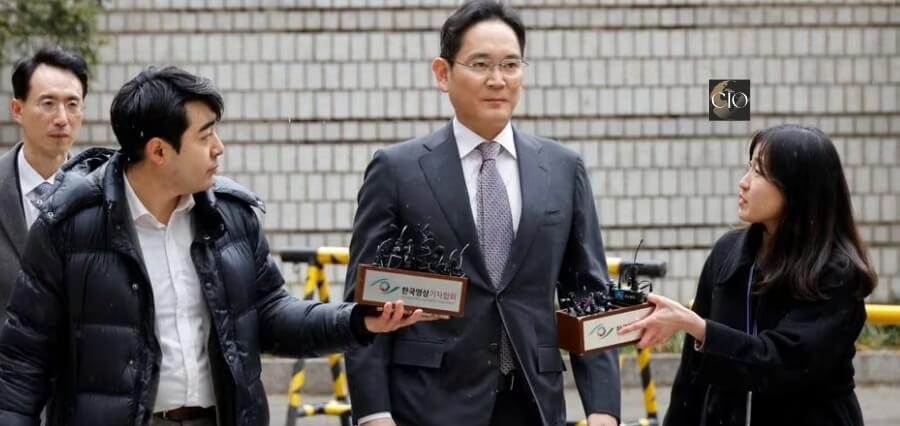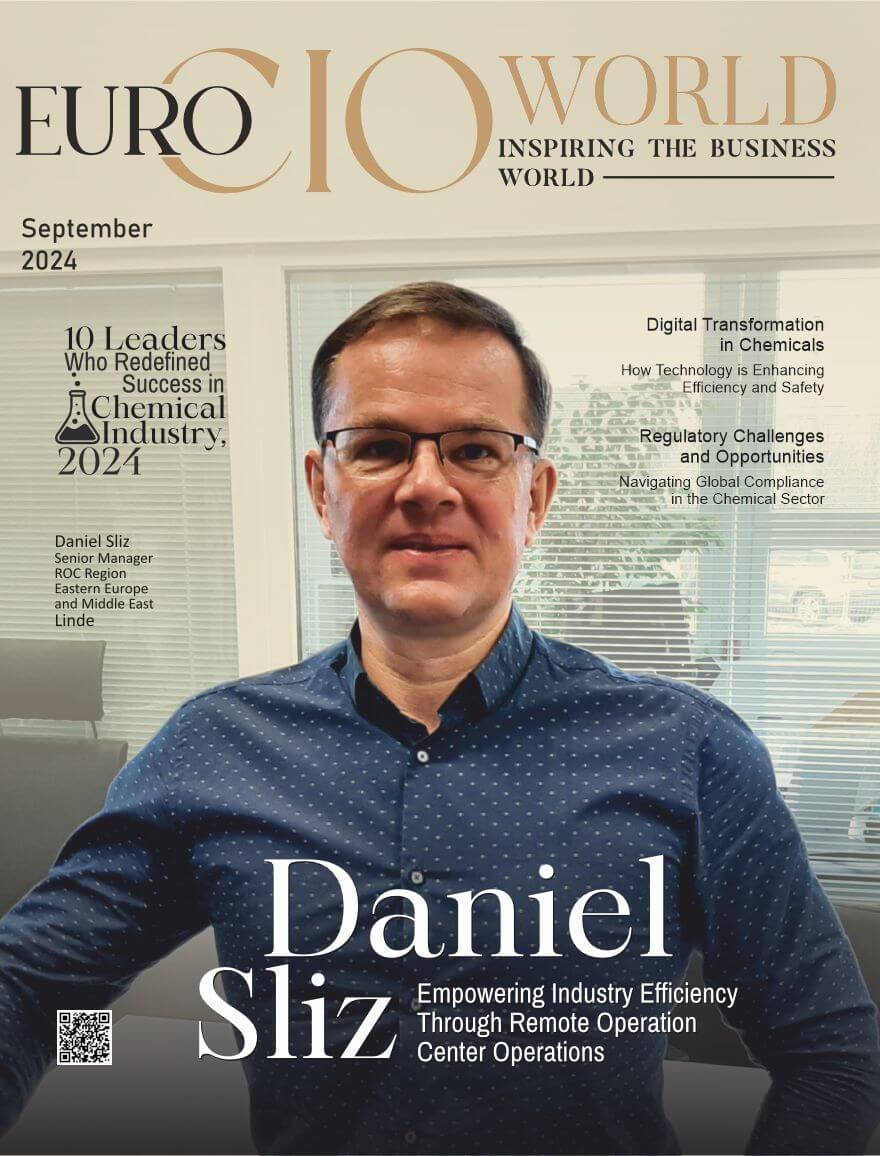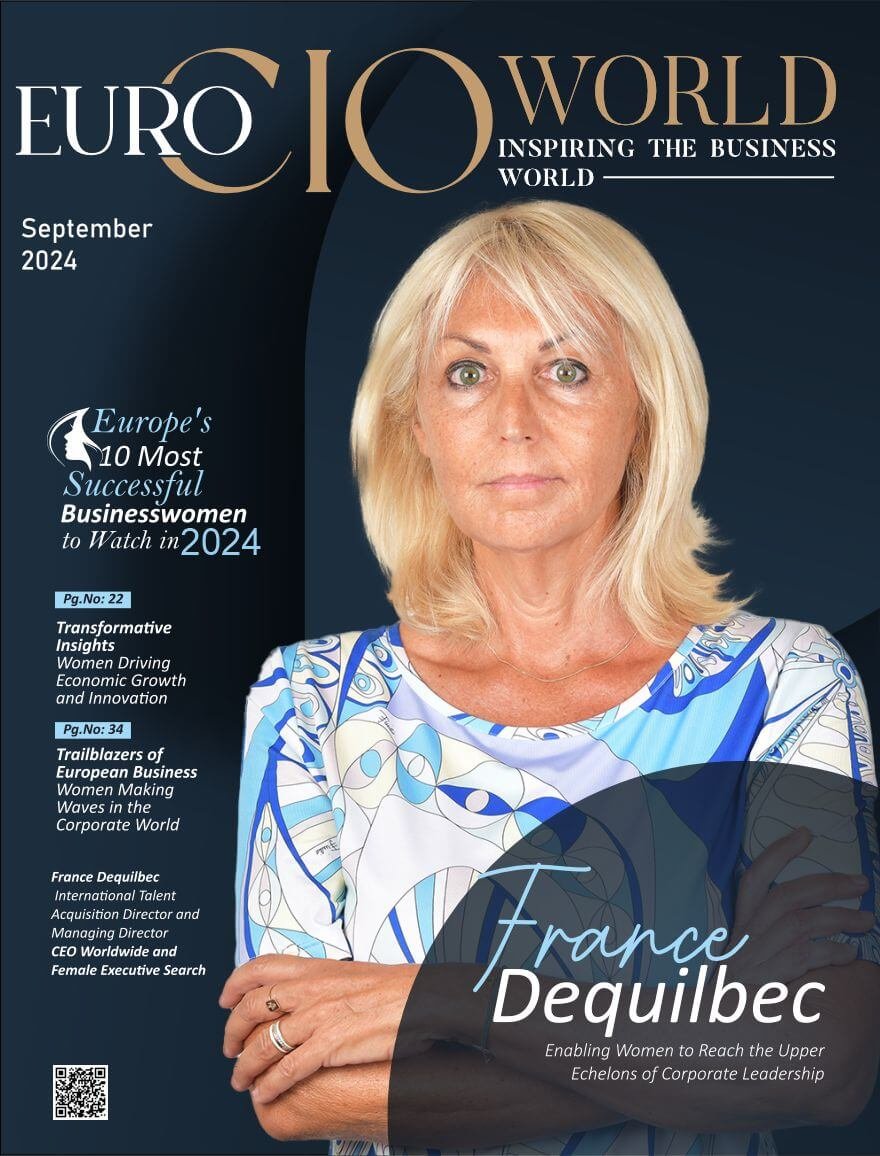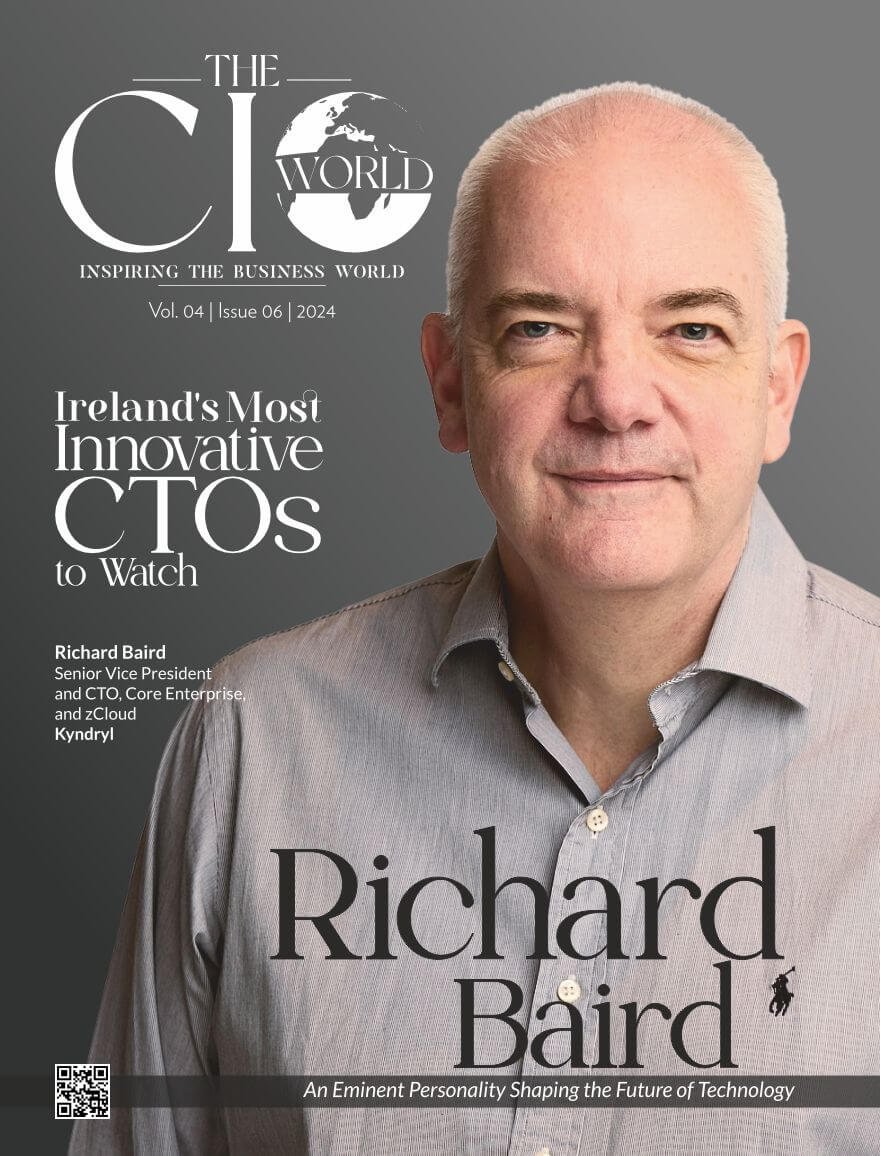Samsung Electronics (005930.KS) Chairman Jay Y. Lee was found not guilty of accounting fraud and stock manipulation by a Seoul court on Monday in a case about a 2015 merger that prosecutors said was designed to cement his control of the tech giant.
The ruling, which was a surprise to at least some analysts who had expected a suspended sentence, could help give Lee a freer rein in steering the country’s biggest conglomerate.
“For entrepreneurs and business leaders, their job is to drive innovation and create jobs, but Samsung hasn’t been able to do much of that for nine years because of legal risks,” said Kim Ki-chan, a business professor at the Catholic University of Korea.
Due to Lee’s legal problems, Samsung Electronics had become bureaucratic and risk-adverse, he added.
Lee, 55, and other former executives were accused of engineering a merger between two Samsung affiliates – Samsung C&T (028260.KS) and Cheil Industries – in a way that rode roughshod over the interests of minority shareholders.
Before the merger, the Lee family and associated entities held control over Cheil, but not Samsung C&T, which was a significant shareholder in Samsung Electronics, the flagship company of the Samsung conglomerate. Prosecutors had requested a five-year prison sentence for Lee. He denied any wrongdoing, contending that he and other executives believed the merger would be advantageous for shareholders. The panel of three judges at the Seoul Central District Court concluded that the merger decision was made by the boards of the two companies after thorough consideration and review.
“In a packed courtroom, Judge Park Jeong-je, referring to Lee by his Korean name, Jae-yong, stated, ‘It cannot be concluded that the sole purpose was to strengthen management rights of defendant Lee Jae-yong and ease his succession within the Samsung Group.’ All 14 defendants were acquitted. This ruling spares Lee from returning to jail; previously, in 2017, he was convicted of bribing a friend of former President Park Geun-hye. After serving 18 months of a 30-month sentence, Lee was pardoned in 2022 by President Yoon Suk Yeol, who cited the need for Lee’s expertise in addressing a ‘national economic crisis.’ If prosecutors opt not to appeal the ruling, it would resolve Lee’s legal entanglements dating back to 2016.”
Kim You-jin, Lee’s lawyer, expressed gratitude to the court for what he deemed “a wise decision.” Meanwhile, Park Yong-jin, a lawmaker from the main opposition Democratic Party, criticized the ruling in a Facebook post, arguing that Lee’s succession was unjust and that conglomerate leaders should not receive protection in the pursuit of a fair market economy. In a connected development, the Permanent Court of Arbitration in The Hague ruled last June that the South Korean government must compensate U.S. hedge fund Elliott $108.5 million due to the state-run National Pension Service’s involvement in endorsing the $8 billion merger.
The largest conglomerates in South Korea continue to be owned and governed by their founding families. Over time, the public sentiment toward these families has fluctuated between anger sparked by numerous scandals and acknowledgment of their significant contribution to the country’s economic prosperity.
Read More: https://eurocioworld.com







